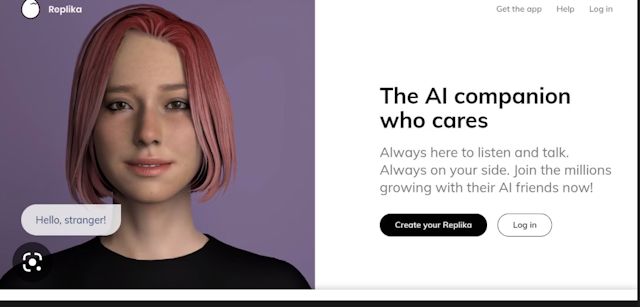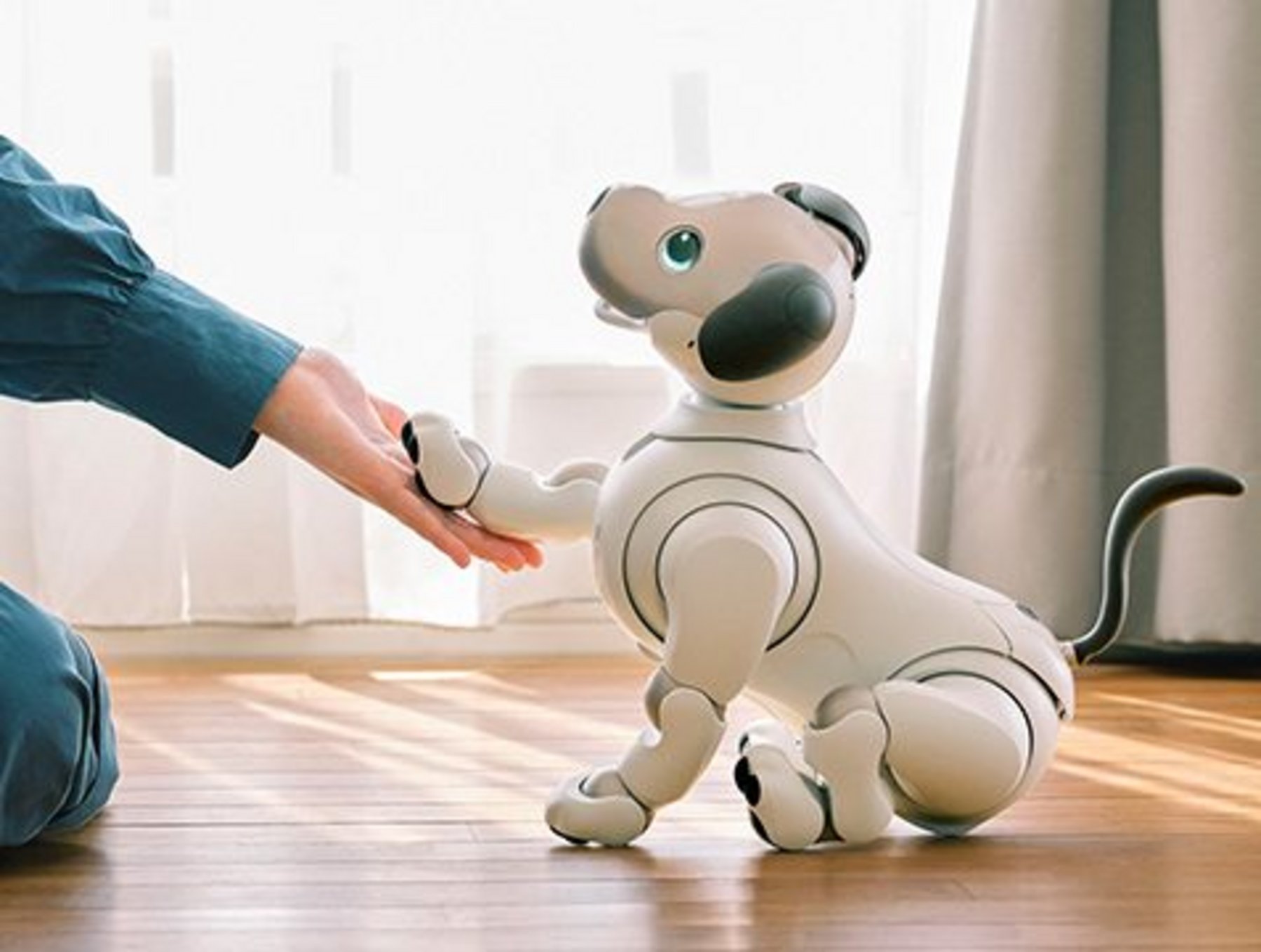Introduction
As artificial intelligence becomes increasingly integrated into daily life, one of the most compelling—and controversial—questions to emerge is whether AI can meet human emotional needs. With the rise of emotionally intelligent chatbots, virtual influencers, and digital companions, the landscape of social connection is rapidly evolving. AI companions are becoming a normal part of human life. But can these non-human entities provide genuine emotional support, or are we mistaking simulation for substance?
Read More- Uncanny Valley
Parasocial Relationships in the Digital Age
Parasocial relationships—one-sided emotional bonds formed with media figures—are not a new phenomenon. Traditionally, these connections were formed with celebrities, fictional characters, or public figures. However, the emergence of responsive AI has redefined the concept.
Unlike traditional parasocial figures, AI companions such as Replika, Woebot, or ChatGPT interact with users in real time. These conversations often feel personal, attentive, and emotionally supportive, creating what researchers describe as synthetic sociality—the formation of perceived social bonds with artificial agents (Shaw, 2021).

Hardwired for Connection
Human cognition and emotion are surprisingly responsive to perceived social interaction, regardless of whether the other party is human. Neurological studies suggest that social engagement—real or simulated—can activate similar emotional and physiological responses.
For instance, the hormone oxytocin, often associated with bonding and trust, can be released during interaction with a responsive AI system (Kosfeld et al., 2005). A 2023 study by Ho, Hancock, and Naaman found that many users of AI chatbots reported feeling heard, validated, and less lonely after their interactions. Some even described the experience as emotionally therapeutic.

Benefits of AI Companionship
AI companions may provide several psychological benefits, particularly for those who are isolated, socially anxious, or neurodivergent. Potential advantages include:
-
Judgment-free interaction: AI offers a space to speak freely without fear of criticism.
-
Consistent availability: Digital companions are always accessible, eliminating the fear of rejection or abandonment.
-
Emotional rehearsal: Interacting with an AI can help users practice communication and emotional regulation in a low-risk environment.
These features make AI companionship a potentially valuable supplement to human interaction, particularly in mental health contexts where social support is lacking.

Risks and Ethical Concerns
Despite their potential, AI companions raise ethical and psychological concerns. One issue is the creation of a validation bubble—an environment in which users receive constant positive reinforcement, potentially stunting emotional growth or reinforcing cognitive distortions (Turkle, 2017). Since these systems are designed to satisfy rather than challenge, they may inadvertently promote unrealistic expectations of human relationships.
Another concern is commercialization. Many AI companions operate under freemium models, monetizing emotional intimacy through subscriptions or data usage. This raises questions about the ethics of profiting from emotional vulnerability.
The Future of Emotional AI
The question is not whether AI can simulate emotional support—it clearly can—but whether these simulations are sufficient to fulfill deep emotional needs. While AI may never replace human intimacy, it can serve as a meaningful support tool, especially in moments of isolation or distress.
AI companionship should be seen as a supplement, not a substitute. Like comfort food, it can satisfy a need in the short term, but it may not provide the complexity and nourishment of real human connection.
References
Ho, A., Hancock, J. T., & Naaman, M. (2023). Artificially Intimate: User Experiences with AI Companions in Reducing Loneliness. Proceedings of the ACM on Human-Computer Interaction, 7(CSCW1), 1–25.
Kosfeld, M., Heinrichs, M., Zak, P. J., Fischbacher, U., & Fehr, E. (2005). Oxytocin increases trust in humans. Nature, 435(7042), 673–676.
Shaw, J. (2021). Synthetic Sociality and AI Companionship: Reimagining the Human in a Post-Human World. AI & Society, 36, 531–543.
Turkle, S. (2017). Reclaiming Conversation: The Power of Talk in a Digital Age. Penguin Books.
Subscribe to PsychUniverse
Get the latest updates and insights.
Join 3,036 other subscribers!
Niwlikar, B. A. (2025, April 15). Love, Loneliness, and AI Companions: Can AI Replace Human Connection?. PsychUniverse. https://psychuniverse.com/ai-companions/



